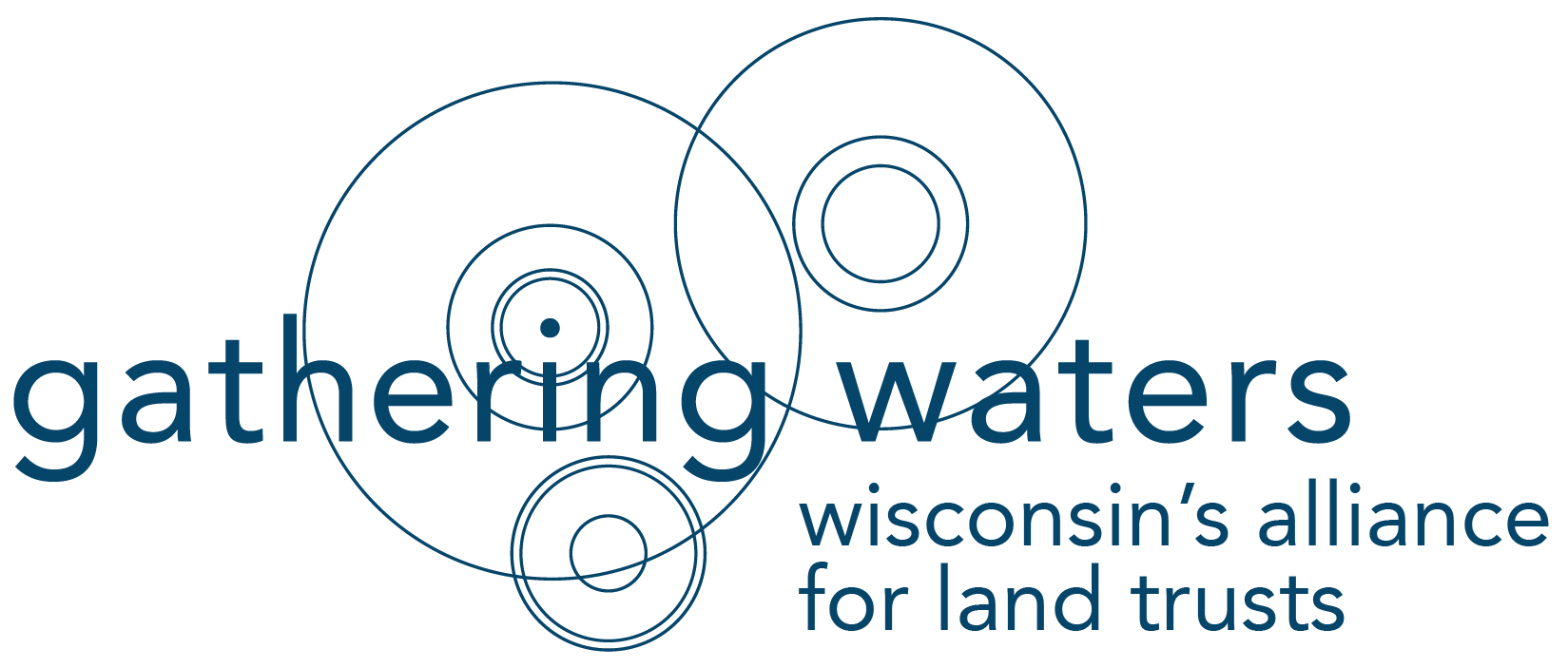When considering the ultimate strategy for land trusts, there is an ongoing debate in our line of work: Do we protect as much land as we can now or work to preserve the land we currently have? With the understanding that we are not equipped to answer this important question, we at Gathering Waters help those who attempt to do both.
In the past few weeks, we’ve reported on this blog and on our Web site about the very popular, bi-partisan Knowles-Nelson Stewardship Program, both its importance and its future. This program is a lifeline to the important land protection land trusts accomplish throughout Wisconsin. That we have dedicated funding for land protection defines us and sets us apart as a state that cares about protecting natural resources and recreational opportunities for our children and grandchildren.
But, there’s more to be done and land trusts are increasingly involved in the secondary strategy of managing the land once it is acquired. Enter the Stewardship Network, a Michigan nonprofit that sets up clusters of individuals, organizations, and businesses that manage specific sites by sharing ideas, resources, and information. They offer informational resources on restoration work as well as bring people together around topics and activities in land management. We do not have a parallel organization in Wisconsin and GWC will be calling upon the resources the Stewardship Network offers in 2011.
Specifically, we want to explore the implementation of a cluster in Wisconsin. This concept is a tested, valued practice that links people and organizations with funding and tools for local land management.
A few weeks ago I attended the 2011 Stewardship Network conference as a first step toward building a Wisconsin cluster. In addition to gaining resources toward this goal, my heart was lifted by the conversations. Speakers such as Peg Kohring from the Conservation Fund and Erin Heskett from the Land Trust Alliance (a conference sponsor and GWC partner for LEAP) spoke about the economic value of conservation.
The audience was challenged to move beyond quoting Aldo Leopold to accomplish real on-the-ground work. Examples were given to increase land trust capacity as well as widen our reach by connecting youth, engaging in more environmental education activities, and utilizing both science and non science-based restoration practice.
At a time when our primary source of funding has been put on hold, I am heartened by the thinking and actions of the Stewardship Network and look forward to implementing their good work in Wisconsin.
-posted by Kate Zurlo-Cuva, Land Trust Program Director

